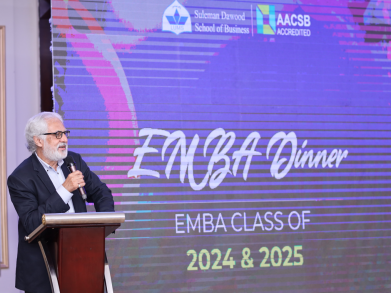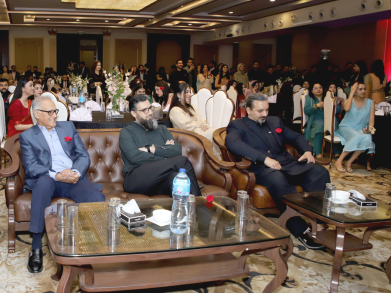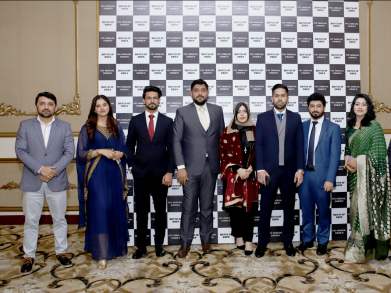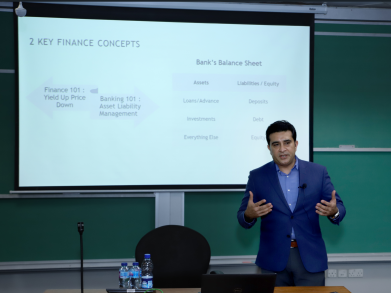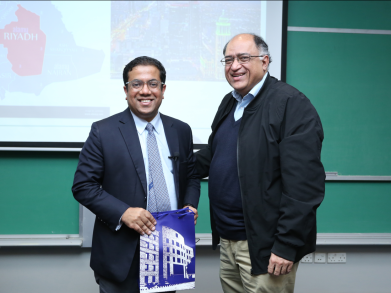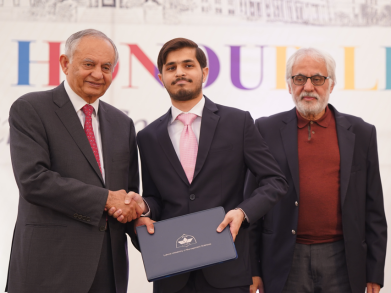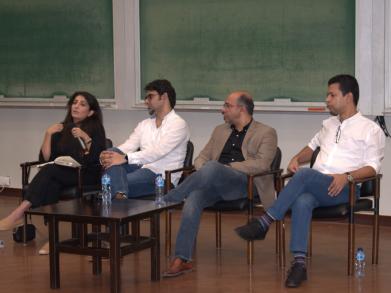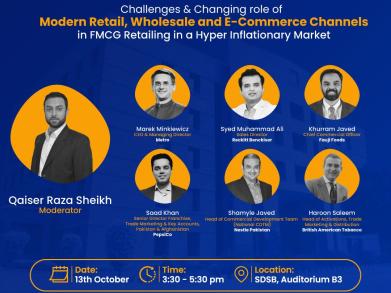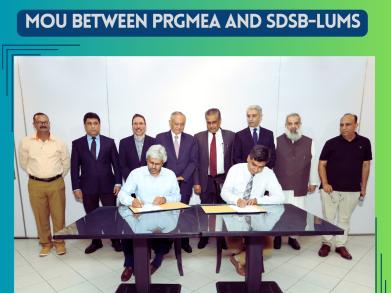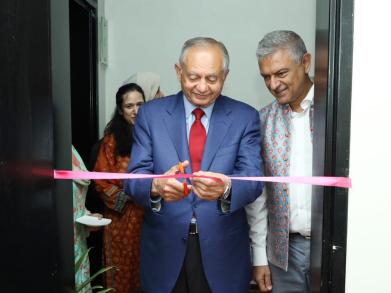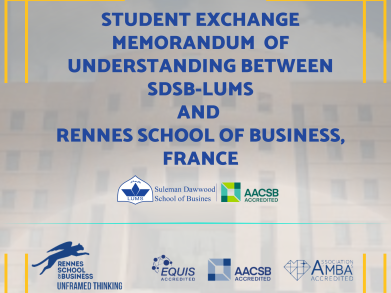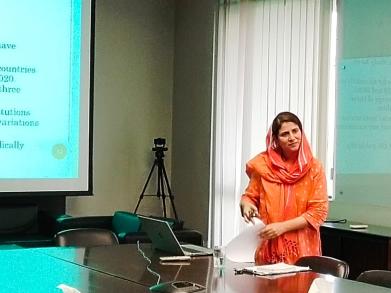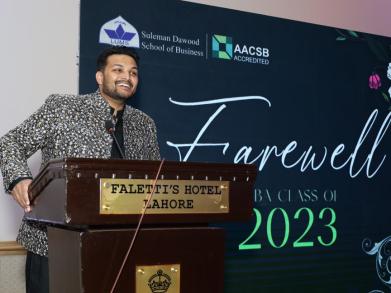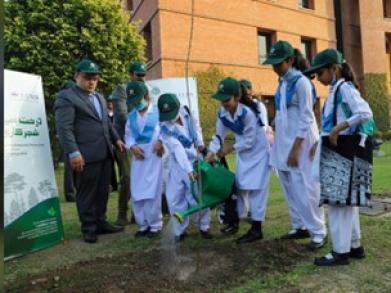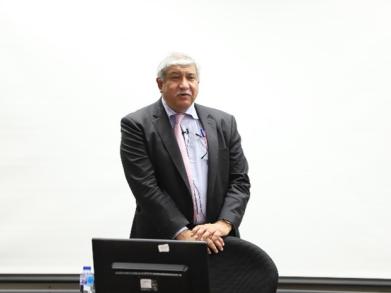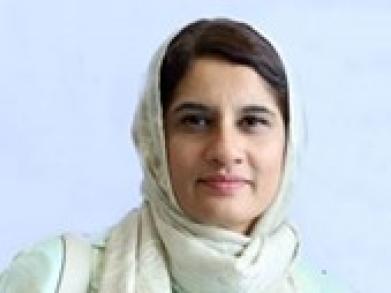ACCA Hosts a Session on “Neurodiversity in Accountancy” at SDSB
The Suleman Dawood School of Business (SDSB) hosted an engaging session titled “Neurodiversity in Accountancy” on Friday, September 26, 2025, in collaboration with the Association of Chartered Certified Accountants (ACCA). The session explored the growing global recognition of neurodiversity as a vital aspect of inclusion and innovation within the accounting profession.
Leading the discussion was Mr. Sharath Martin, Senior Policy & Insights Consultant for ACCA in the Asia Pacific region, who brings expertise in policy-making and thought leadership, with a strong focus on aligning people, profit, and planet in business. He also serves on the Board of Trustees of Shift Project Ltd, a global leader in the UN Guiding Principles on Business and Human Rights, and WWF-Malaysia. Mr. Martin is a Fellow of ACCA and an alumnus of the University of Oxford’s Saïd Business School.
Explaining the concept, Mr. Martin noted, “Neurodiversity covers people who have what we describe as neurodivergent conditions such as ADHD, autism, or dyslexia, and then you have those who may not have these issues let’s just call them neurotypical.” He emphasised the growing relevance of the topic, observing that “a lot of the younger generation are having issues around neurodivergence like ADHD or autism. They bring different skill sets as a result of these conditions, but they also have some other challenges as a result of them.”
Highlighting the significance for future business leaders and employers, he added, “Neurodiversity affects around 15–20% of all professionals around the world. But particularly in the Gen Z category, more than 50% are self-identifying themselves as having a neurodiverse condition. If you’re running a business, you must understand that more than half of the talent you hire may have neurodiverse issues, and you must manage them differently. The option of not hiring someone who has these conditions is not applicable anymore because it’s too big a group.”
Discussing how neurodiversity could shape the future of the accounting profession, Mr. Martin drew attention to the distinct strengths of neurodivergent individuals. “Someone with ADHD may have a very strong focus in one area, say, tax or auditing, and while they may not be as strong in other areas, that’s okay because you work with the strengths they have. Those strengths are often much more magnified than someone who is neurotypical,” he shared.
He further illustrated, “A person with autism often has an incredible attention to detail, which is great if you’re an auditor or doing reconciliation or data analysis. Algorithms are a space in which a lot of accountants now have to work, and neurodiverse people are better at these jobs because of their particular traits and characteristics.”
Mr. Martin also linked the discussion to broader global trends, referencing findings from the World Economic Forum. “The top jobs we’ll see over the next five to ten years all involve AI and technology—and neurodiverse people are better equipped for these roles,” he noted.
In addition to the session, the ACCA team was available to provide students with guidance on the ACCA qualification, career pathways, and the evolving skill sets in the profession. The event reaffirmed SDSB’s commitment to fostering inclusive dialogue and preparing its students to lead with empathy, awareness, and adaptability in an increasingly diverse and dynamic professional world.




